MetLife Sells Boston Life Science Asset
This property sold for $70 million less than its previous trade.
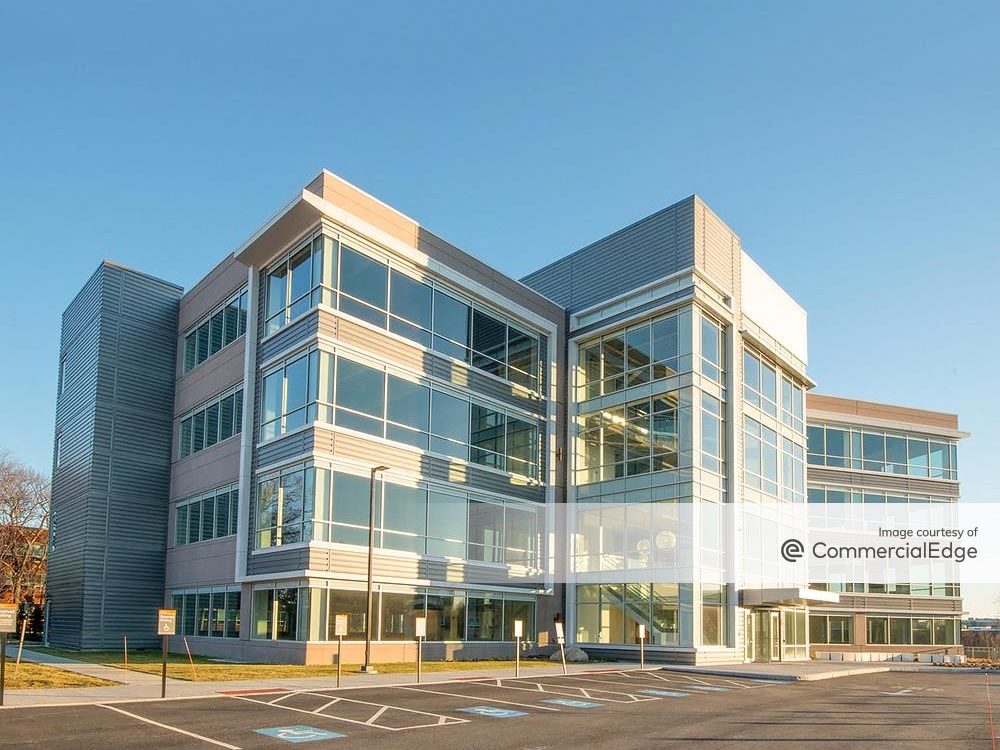
Northeastern University has acquired Burlington BioCenter, a 109,000-square-foot Class A life science office and laboratory property in Burlington, Mass., near Boston. MetLife Real Estate Investment sold the asset for $33 million, a price deeply discounted from the $103 million that the firm paid in November 2022. Newmark represented the seller.
Northeastern has a Burlington campus that houses its George J. Kostas Research Institute for Homeland Security. The new property will enable the university to expand its homeland security and global defense research capabilities, according to media reports.
Burlington BioCenter is at 4 Burlington Woods Drive, about a mile from Northeastern’s campus and 17 miles from downtown Boston. MetLife acquired the property from a joint venture between The Gutierrez Co. and GEM Realty Capital and financed the purchase with a $54.4 million loan from Northwestern Mutual, according to CommercialEdge.
READ ALSO: Purpose-Built Life Science Spaces Find Healthy Demand
Gutierrez Co. began construction in 2014 as an office building. It was converted to lab and research space in 2019 with its interior laboratory buildouts finalized in 2022. The four-story facility features high-performance laboratory infrastructure, including pH neutralization, high-efficiency HVAC systems, backup power, dedicated loading and a freight elevator.
The asset has flexible floorplates of approximately 28,960 square feet, with interconnecting staircases, a two-story lobby and floor-to-ceiling glass. It is one of the only fully built-out life science properties in the Burlington submarket.
Newmark’s Robert Griffin, Edward Maher, Matthew Pullen, James Tribble, Samantha Hallowell and William Sleeper led the team that arranged the deal on behalf of MetLife, while Grady Zink provided analytical support. Griffin, Maher, Pullen and Hallowell were also instrumental in the 2022 deal.
Life science market issues
While vacancies exceeded 20 percent in leading life science markets across the U.S. last year, including Boston, the long-term outlook remains strong. Still, there are headwinds facing the industry, including tariff threats and cuts to NIH funding that may curtail company expansions.
In Greater Boston, the supply-demand imbalance has seen vacancy rising to 25 percent, after being nearly zero three years ago, according to a CBRE first-quarter report. Meanwhile, availability rose to 36.2 percent and vacancy increased to 33.8 percent in the metro’s suburban markets.
Suburban Boston recorded about 400,000 square feet of negative absorption in Q1 due to both new sublease and direct space becoming available, the report states. Asking rents remained flat, with a 60-basis-point decrease to $78.27 per square foot.

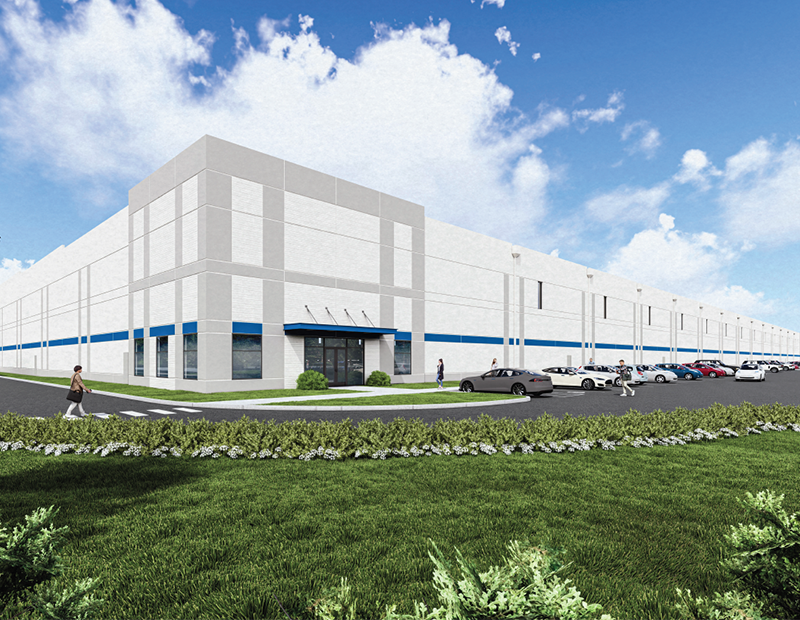
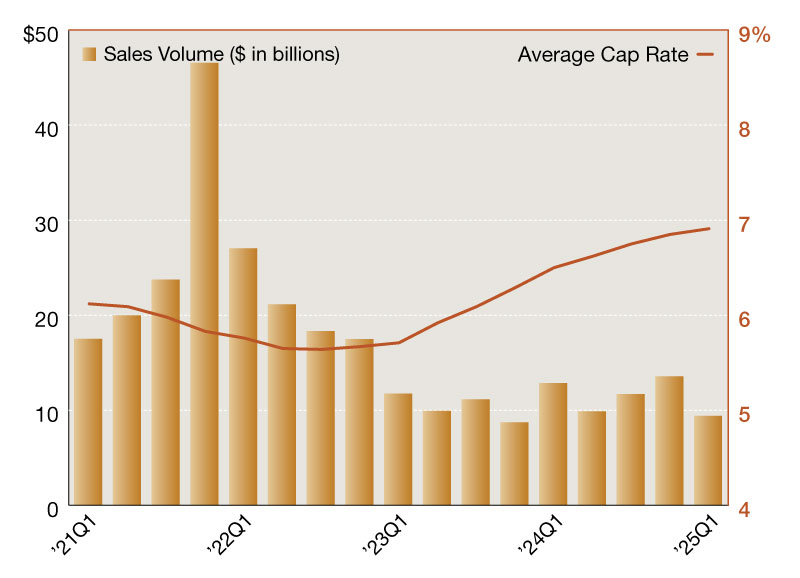
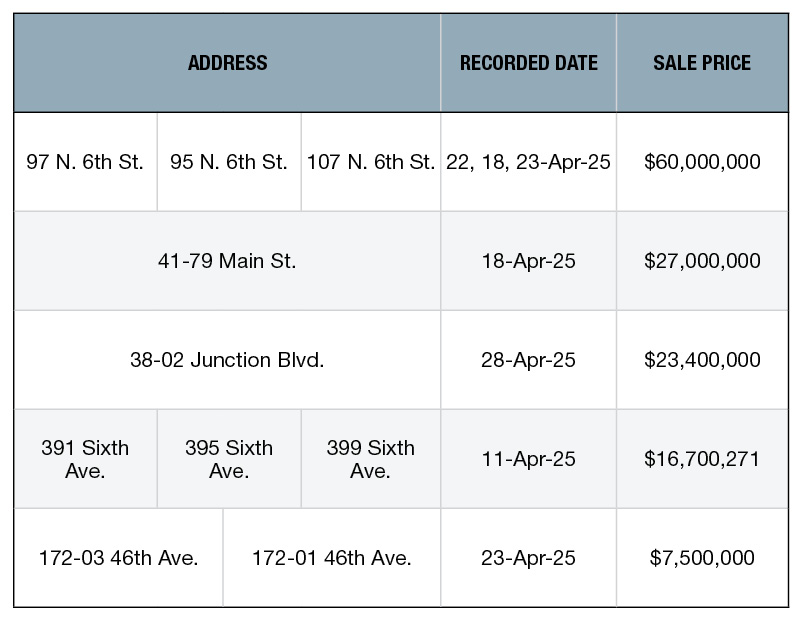

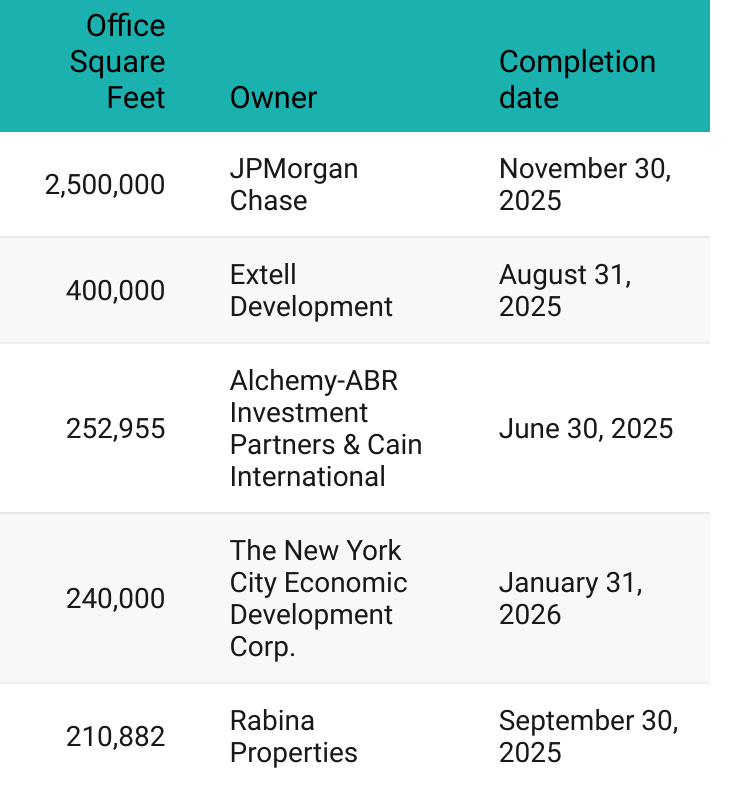

You must be logged in to post a comment.